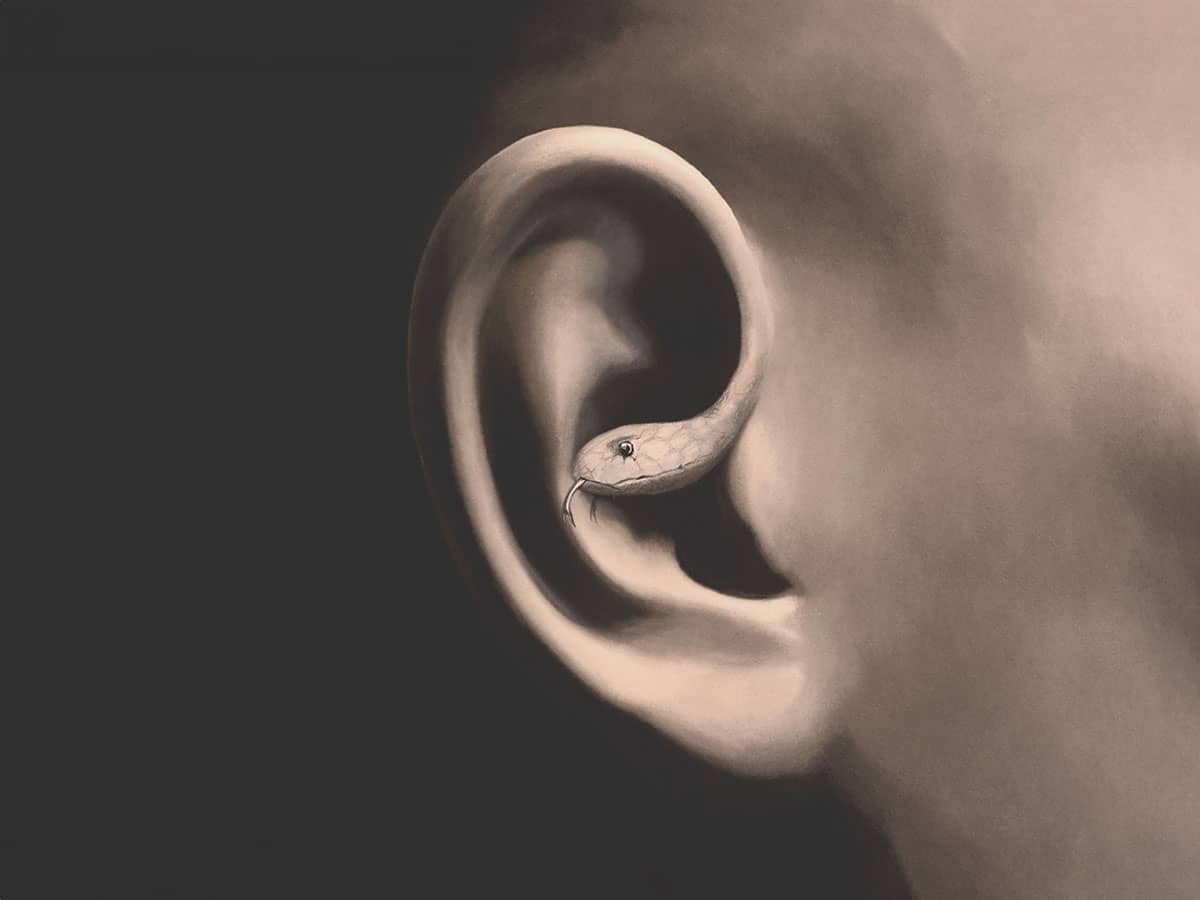
The Old Testament lies worlds away from the modern reader, and its wrathful God seems even farther. Crossing from the Old Testament to the New often results in a feeling of unease because of this difference. How can the God that locked mankind out of paradise and destroyed cities be the same God who loved the world so much that He sacrificed His son for our everlasting salvation?
These two versions of God certainly seem incompatible to the secular world. Consider this quote from outspoken atheist, Richard Dawkins.
"The God of the Old Testament is arguably the most unpleasant character in all fiction: jealous and proud of it; a petty, unjust, unforgiving control-freak; a vindictive, bloodthirsty ethnic cleanser; a misogynistic, homophobic, racist, infanticidal, genocidal, filicidal, pestilential, megalomaniacal, sadomasochistic, capriciously malevolent bully."
These words may be harsh, but God, in the Old Testament, did destroy cities. He did destroyed entire peoples. He destroyed babies and children. This is a far cry from the ministry of Jesus, who loved and served the same enemies that the Old Testament God might have destroyed, who healed and comforted, and gently taught, where the Old Testament God might have brought down pillars of flame.
The writer of Hebrews 13:8 declares that “Jesus Christ is the same yesterday and today and forever.” Clearly, this verse tells us that we cannot simply forget the Old Testament. So what, then, are we to think? Can we reconcile these two opposing aspects of God?
Yes—we can. But first, we have to make three realizations.
God Wants the Best for Us
Consider your parents. There were times, when you were a child, that they punished you, and they did so not because they were megalomaniacal, not because they were sadistic or bullies, but because they wanted the best for you—because they loved you.
Consider the doctor who, upon seeing an injured limb that threatens the life of the patient, amputates that limb. It is a terrible option—yes. But it is the only option.
These considerations give us a glimpse of God’s mind. The Old Testament is all about God’s plan to use Israel to bless the entire world, to bring His Word to everyone through their prophets and missionaries—they were to be the nation that pointed all others toward God. This was an important mission—the very fate of the world depended upon it.
Scripture states God’s love for His creations over and over. The very nature of mankind is to be with its creator. Each man and woman feels it in their very bones, whether they attribute that longing to God or not.
When we sin and stray from God, we separate ourselves from Him. And on death, that separation is permanent and acutely painful for all eternity—because that’s what Hell really is, separation from God.
He doesn’t want that for any of us.
But God doesn’t directly control mankind. He doesn’t want automatons. So he guides, like the example of the shepherd and his sheep that appears and reappears throughout the Bible.
And sometimes, as we’re about to see, that guidance takes on the form of wrath.
Wrath and Mercy are One
The very idea of the God of the Old and New Testaments being different from one another comes from a critical misunderstanding of what God’s wrath really is.
God’s wrath is God’s mercy. It is love, believe it or not.
God only goes to war when necessary—there is “A time for war and a time for peace,” as Ecclesiastes 3:8 says. Although God punishes evil, He would rather all repent, and He has “no pleasure in the death of the wicked,” as Ezekiel 33:11 says.
Sounds pretty New Testament, doesn’t it?
When God’s wrath does come down, it is, as we’ve learned, like the surgeon’s scalpel, cutting away the disease before it can spread—only instead of bacteria or viruses, the nature of this disease is sin, and its effect is worse than death. If Israel had been destroyed, if the one bulwark against sin and disbelief had been taken down, the message of Christianity might not have made it out into the world, dooming everyone, everywhere.
So God, in His mercy, poured out His wrath, allowing things to happen throughout the Old Testament that we now have a hard time understanding, but that were necessary, nonetheless, to stop this doom.
But believe this—God mourned over every lost life in the way that only a parent can.
The Context Has Changed, Not God
Today, the world seems much different from that of the fire-and-brimstone, plague-filled Old Testament. But it isn’t God that has changed.
It’s the context.
Where, before, His corrections came down at the national level, things are a lot more personal now. It’s no longer just Israel spreading God’s Word against a handful of rival nations—it’s billions of Christians all over the world individually living out God's plan. Each of us now feels the tug of God’s "wrath" on the small scale, through a multitude of things that make us just uncomfortable to change our path—no more. God is not the author of pain, but He does use it as a tool of loving guidance, even in our contemporary world.
The effects simply aren't as large-scale and dramatic as they once were.
God is the Same
The God of the Old Testament and that of the New are one and the same. There is no difference. God’s wrath was always love.
The Bible is a story, and like any story, it has a plot that is constantly progressing. It is a tale of God’s love for His creations, of Him teaching us how to best live in a way that will result in our ultimate good. Whether God is being wrathful or comforting, angry or loving, His goal has always been the same, and will always remain the same—to save His people, to bring them into the relationship they were created to be in, and to grant them peace and happiness for all eternity.
That is the true nature of god, and the lens through which we might gain some understanding of the events of the Old Testament, even in our New Testament world.

